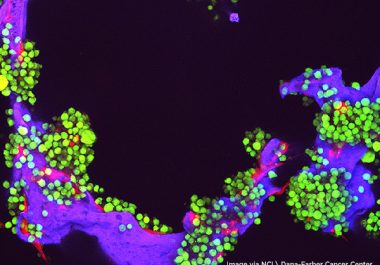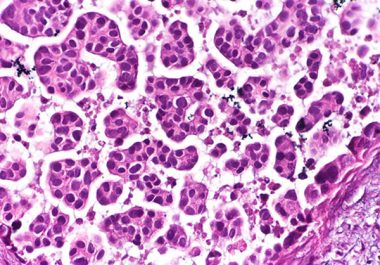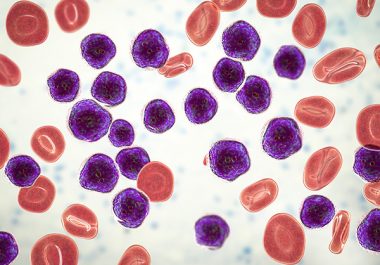
Targeting Multiple Myeloma
The U.S. FDA approved a monoclonal antibody and enzyme combination for use in conjunction with chemotherapy and a steroid to treat patients with multiple myeloma. The U.S. Food and Drug Administration (FDA) approved...


The U.S. FDA approved a monoclonal antibody and enzyme combination for use in conjunction with chemotherapy and a steroid to treat patients with multiple myeloma. The U.S. Food and Drug Administration (FDA) approved...

The U.S. FDA approved an antibody-drug conjugate to treat urothelial cancer, the most common form of bladder cancer. The U.S. Food and Drug Administration (FDA) approved the molecularly targeted therapeutic enfortumab vedotin-ejfv (Padcev) to...

A study sheds light on the link between red meat consumption and colorectal cancer, and more news of the week from Cancer Today.

Despite progress, the Florida study found that the breast cancer death rate for Black women remained higher than for White women. The disparity gap in breast cancer survival rates between Black and white women...

The U.S. FDA approved a new chemotherapy as part of a multi-drug regimen for certain patients with two similar blood cancers. The U.S. Food and Drug Administration (FDA) approved asparaginase erwinia chrysanthemi (recombinant)-rywn (Rylaze)...

A reporter discusses the elevated risk for early-onset colorectal cancer in Black men, and more news of the week from Cancer Today.

Most scientists, regardless of field or career stage, have faced difficulties networking and disseminating their research in the past year, with many conferences and symposia canceled. The popularization of virtual meetings has helped researchers overcome this hurdle and keep in touch with their peers. However, early-career researchers—who...

A study found that the survival advantage for colon cancer patients in the U.S. Military Health System over the general population. The advantage was even greater for Black patients.

A study compares the benefits of fixed doses of immunotherapy compared to weight-based doses and more news of the week from the staff of Cancer Today magazine.

Scientists show that a form of DNA damage in colorectal cancer patients is associated with the consumption of red meat but not other foods or lifestyle factors.